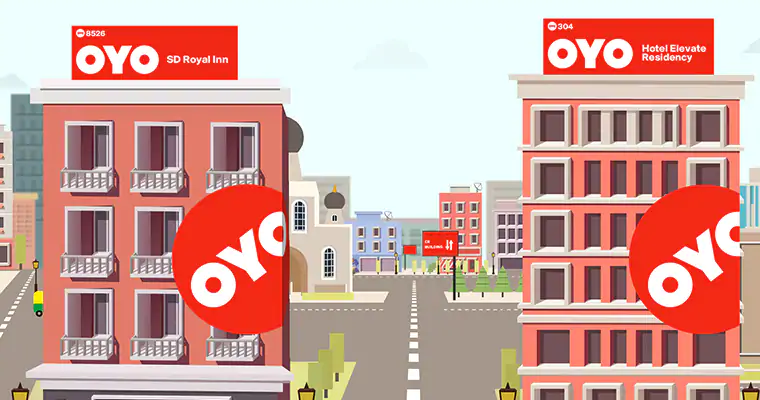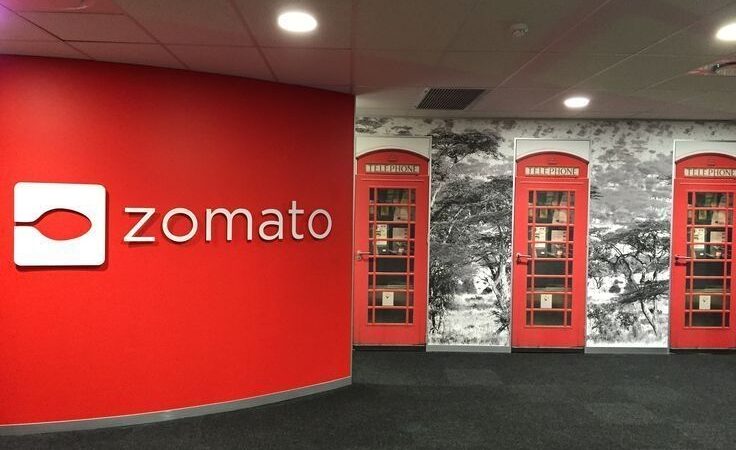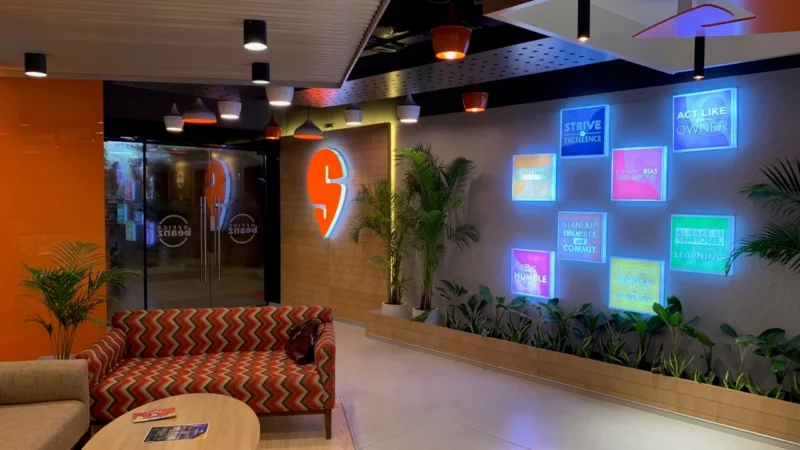OYO Rooms: A Unicorn’s Voyage in Disrupting the Hospitality Industry

In the realm of disruptive startups, OYO Rooms has carved out a unique path, transforming the hospitality landscape and earning the coveted status of a unicorn. Founded in 2013 by Ritesh Agarwal, this Indian hospitality giant has redefined budget accommodations, leveraging technology to offer affordable and standardized stays across the globe.
Inception and Early Growth
OYO Rooms’ journey began with Ritesh Agarwal’s vision to address the pain points of budget travelers seeking reliable and quality lodging. Armed with determination and entrepreneurial spirit, Agarwal started OYO as Oravel Stays, a platform that initially aggregated budget accommodations. The initial model focused on ensuring a consistent experience for travelers across different hotels, with an emphasis on cleanliness, affordability, and standardized amenities.
Pivot to OYO Rooms and Rapid Expansion
Recognizing the potential of a standardized hotel chain, OYO pivoted its business model and rebranded itself as OYO Rooms in 2013. The company adopted a franchise model, partnering with budget hotels and guesthouses to transform them into standardized OYO-branded properties. This shift allowed OYO to scale rapidly and bring its unique offering to more cities.
OYO’s ability to strike partnerships with existing hotels and adapt its model to local market nuances played a crucial role in its expansion. The company leveraged technology to streamline operations, manage bookings efficiently, and maintain the quality standards that became synonymous with the OYO brand.
Unicorn Status and Global Expansion
OYO Rooms achieved unicorn status in 2018, signaling a valuation exceeding $1 billion. This milestone highlighted not only the company’s financial success but also its impact on the traditional hospitality sector. With unicorn status, OYO gained the attention of global investors, fueling further expansion.
The company expanded its footprint beyond India, venturing into international markets such as China, the United Kingdom, the United States, and Southeast Asia. OYO’s global approach involved adapting its business model to suit diverse markets while maintaining its commitment to affordable and standardized accommodation.
Challenges and Resilience
OYO’s journey to unicorn status was not without challenges. The rapid expansion brought scrutiny, and the company faced criticisms related to quality control, contractual disputes with hotel partners, and concerns about its aggressive growth strategy. Despite these hurdles, OYO showcased resilience, addressing concerns, and refining its operations.
Diversification and OYO’s Ecosystem
Beyond hotel rooms, OYO diversified its offerings to include OYO Townhouse, a more upscale variant, OYO Homes for vacation rentals, and OYO Workspaces for co-working spaces. This ecosystem approach allowed OYO to cater to a broader spectrum of travelers and businesses, establishing itself as a comprehensive solution provider in the hospitality and real estate sectors.
Future Prospects and Innovation
OYO continues to evolve its business model and innovate. The company explores emerging technologies, such as artificial intelligence and data analytics, to enhance customer experiences and optimize its operations further. OYO’s commitment to innovation positions it to navigate the ever-changing dynamics of the travel and hospitality industry.
Conclusion
OYO Rooms’ journey from a startup disrupting the Indian hospitality sector to a global unicorn showcases the transformative power of visionary leadership, adaptability, and a commitment to customer satisfaction. As OYO continues to shape the future of budget accommodations and expand its ecosystem, it remains a compelling case study in the ongoing evolution of the hospitality industry.






